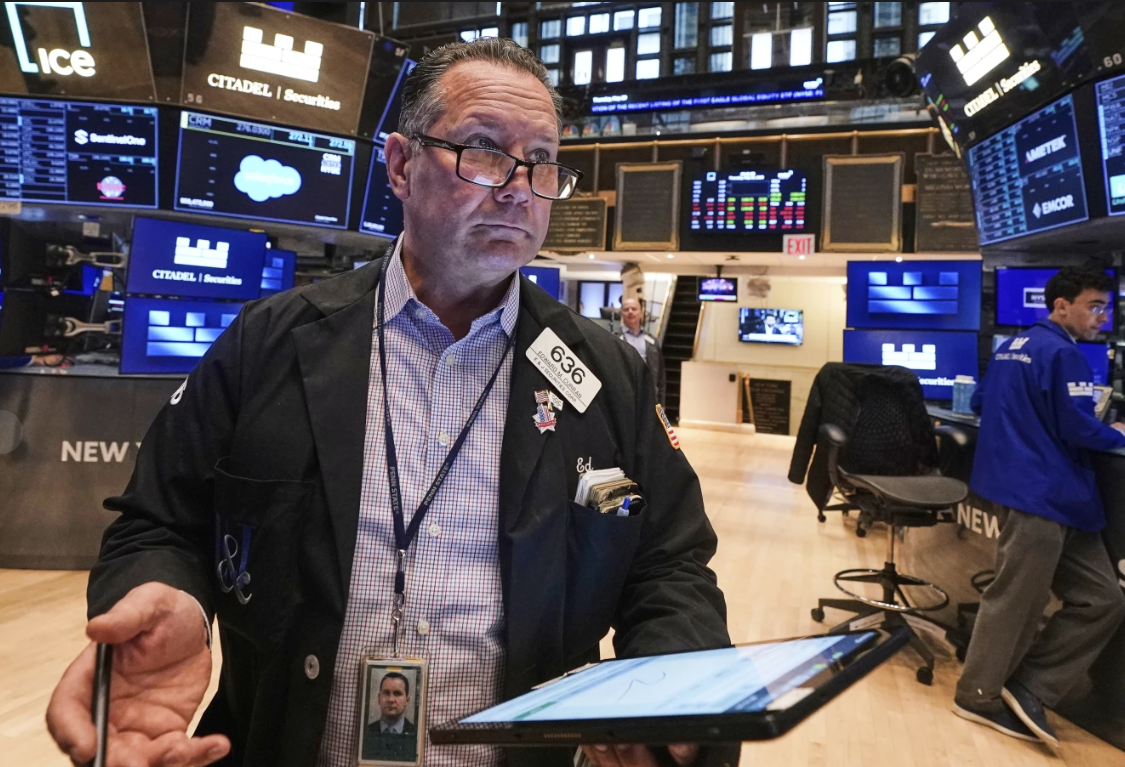U.S. stock futures edged lower early Tuesday as earnings season winds down and markets await closely watched labor data later this week. The Labor Department is set to release its monthly report on job openings Tuesday.
Futures tied to the S&P 500 and the Dow Jones Industrial Average each slipped by 0.3%, while futures for the Nasdaq were down by 0.1%.
Among notable movers, Constellation Energy saw its shares jump 14% after securing a 20-year deal to supply nuclear energy to Meta (formerly Facebook) from its Illinois plant. The partnership comes as the tech sector’s demand for power—especially to support artificial intelligence—continues to surge. Just last month, Google made a similar move with Elementl Power.
Dollar General’s stock gained 8% following a stronger-than-expected profit report and record sales figures. The discount retailer, which had downgraded its outlook earlier in 2024, raised its forecast for 2025 as budget-focused chains benefit from economic pressures.
On the global trade front, tensions between Washington and Beijing eased slightly as the U.S. extended tariff exemptions on certain Chinese goods. The exemptions—originally set to expire on May 31—will now remain in place until August 31, helping industries dependent on key imports like solar manufacturing equipment.
The White House indicated that President Donald Trump plans to speak with Chinese President Xi Jinping later this week, though China’s foreign ministry said it had no information regarding such a meeting. Recently, both countries agreed to put a pause on many of the planned tariff increases to allow more time for negotiations. Trump has acknowledged that tariffs could create short-term strain on U.S. businesses and households, as he aims to revive domestic manufacturing. However, the unpredictability of these measures has led to heightened market uncertainty.
Despite economic concerns, Chinese markets gained ground. This came even after a private survey by Caixin showed that China’s factory activity slowed in May. The Purchasing Managers Index (PMI) report highlighted declines in output, export orders, purchasing, and staffing, with new business contracting at the sharpest pace in over two-and-a-half years.
Stephen Innes of SPI Asset Management described the report as a severe blow to China’s smaller exporters, caught between weakening global demand and U.S.-imposed trade barriers. Still, investors appeared to bet that weak data could prompt more economic stimulus from Beijing, leading to gains in Chinese stocks.
Hong Kong’s Hang Seng Index rose 1.5% to 23,512.49, and the Shanghai Composite was up 0.4% to 3,361.98. In Japan, the Nikkei 225 edged down by 0.1% to 37,446.81.
South Korean markets remained closed for a surprise presidential election following the ousting of former President Yoon Suk Yeol, who is now facing rebellion charges tied to a brief martial law declaration in December.
Elsewhere in the Asia-Pacific region, Australia’s S&P/ASX 200 rose 0.6% to 8,466.70. Taiwan’s Taiex added 0.6%, while India’s Sensex slipped 0.5%.
In Europe, markets were mixed. Germany’s DAX held steady, France’s CAC 40 declined 0.3%, and the UK’s FTSE 100 dipped 0.1%.
Oil prices moved slightly higher. U.S. benchmark crude rose by 36 cents to $62.88 per barrel, while Brent crude added 33 cents to reach $64.96 per barrel.
In currency trading, the U.S. dollar strengthened to 143.10 yen from 142.71 yen. The euro eased to $1.1391 from $1.1443.














